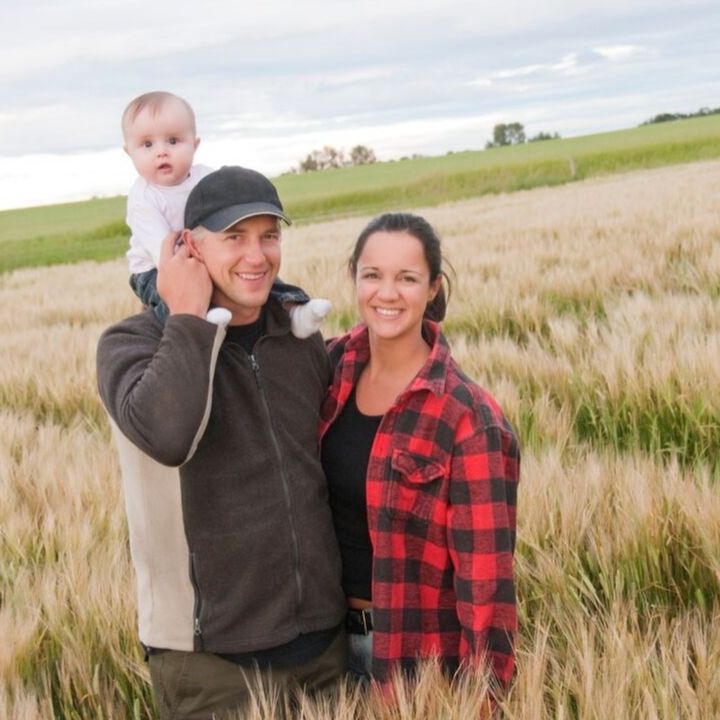The Need for Big Conversation
November 30, 2018 | Paul Bootsma

We know that change is constant. The agriculture industry is just one of many that is constantly changing. We also know that to survive and move forward does take effort and acceptance of new or different methods, procedures and results.
Change in agriculture has been significant over the last three decades, and it continues as technology introduces new concepts and changes the way equipment operates. However, there is another change that needs to be discussed, and that is the change in ownership of many of Ontario’s farms. A new generation of farmers is poised to become the majority owners of the ag industry. They are well educated, tech savvy, business oriented, and globally minded.
Last week, Farm Credit Canada hosted an Ignite Forum in Kitchener. Ignite events are geared to young farmers who are new entrants or are soon-to-enter the ag industry and who will become its main decision makers. The first keynote speaker, Stuart Knight, talked about big conversations. Knight suggests that, in order to get a good conversation going, the right questions need to be asked, not only to gain information but also to establish a positive and appreciative relationship. Communication is important for any business owner.
Young farmers will need to have big conversations when taking on farm business ownership, not only with the previous owners, but also with others who happen to come onto the farmyard—suppliers, processors, marketers, advisors, and even government. These conversations need to happen, beyond just succession talks with parents, for example. Young farmers will need to make sure that everyone they do business with understands their business plan.
This past week, representatives from the CFFO had a conversation of our own with up and coming farmers at Ridgetown College. We spent time with a room full of students all with a heartfelt desire to become active in the ag industry. The conversation covered a variety of topics, but when we talked succession planning and getting into farming, the conversation became big. A lower carbon economy was not at the top of their minds. Labour costs weren’t either. Their main concern was simply how to stay or get into this industry when there seem to be so many obstacles.
Farm succession requires a lot of conversation, and we encouraged them to begin immediately. One on one talk still provides opportunities: it can bring unexpected connections that open doors. Questions need to be asked and discussed to bring long-term positive results. For those who have a sincere desire and are willing to work hard, the ag industry does offer opportunities.
Over the next few months, the CFFO is travelling the province again to have conversations with members about best management practices on their farms. As an accredited farm organization in Ontario, we want to have big conversations with our farming members about management so that the next generation has a solid base to build on and can continue to produce safe, healthy food for the population of Ontario and the rest of the world.
Paul Bootsma is Member Relations Manager for the Christian Farmers Federation of Ontario. The CFFO Commentary represents the opinions of the writer and does not necessarily represent CFFO policy. The CFFO Commentary is heard weekly on CFCO Chatham, CKXFM Chatham, and CKNX Wingham. It is also archived on the CFFO website, www.christianfarmers.org. CFFO is supported by 4,000 family farmers across Ontario.
 Skip to main content
Skip to main content